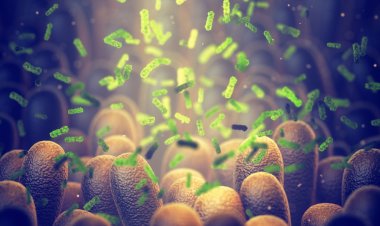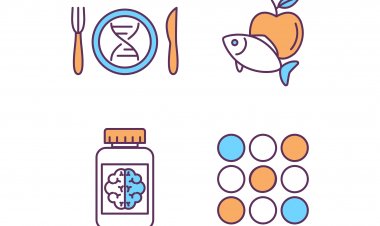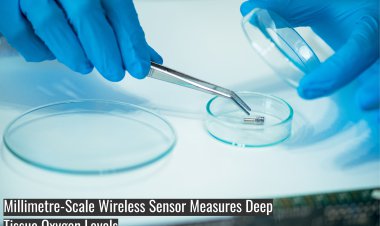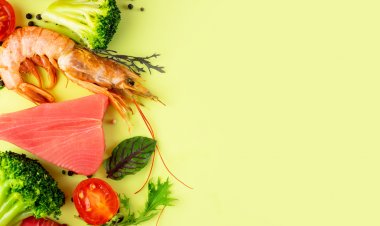Importance Of Plant Based Or Pescatarian Diet During COVID-19
Recent study reveals fiber, healthy fats, and lots of vitamins and minerals may support a healthy immune response. Individuals taking up diets that are vegetarian or pescatarian had a lower risk of developing moderate-to-severe Covid-19, writes Ms. Tina VI I Senior Dietician.
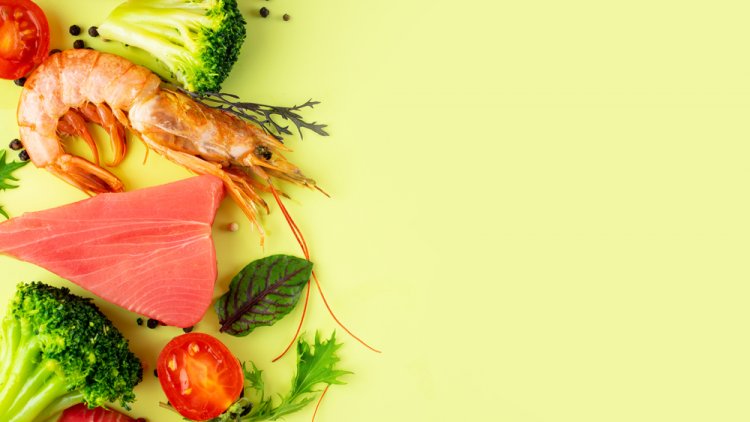
Currently, the coronavirus disease outbreak is upending life for families around the world. Hence, it is mandatory to attain and maintain good nutritional status to fight against this virus. The pandemic is gradually affecting an individual’s physical, social, and mental wellbeing. Certain public health measures to avoid the spread of Covid-19 include, maintaining physical distance, avoiding crowded places, practising cough etiquette, using hand sanitizers and wearing a mask wherever recommended. However, the effects of this pandemic on one's mental health have not been studied at length and are still unknown. So, keeping oneself safe and healthy should be the utmost priority.
Nowadays, “diet” has gained much importance and concern among people, thereby increasing the role of dietitians and nutritionists. During this pandemic, it was observed that the immune responses influence the severity of the infection. The stronger the immunity, the lesser the complications and severity of the infection. So, everyone should focus on boosting one’s immunity and health.
Recent study reveals that a plant-based diet (high in vegetables, legumes and nuts, and low in red and processed meat) or a Pescatarian diet (a plant-based diet which includes seafood) may lower the odds of developing moderate to severe COVID 19 infections to about 73%. It was reported that the regular intake of foods rich in nutrients like vitamin A, C and E, minerals like Zinc, Iron, Potassium and Magnesium, Omega 3 fatty acids and fiber reduced the severity of disease. Proper nutrition and hydration are vital to keep one’s immune system stronger and healthier.
During this pandemic, I have provided nutritional care to nearly 200 patients with COVID-19 infection. From my experience, I strongly feel that a plant-based diet which is rich in all sorts of vitamins, minerals and antioxidants helped them in controlling the intensity of the infection to a great extent. For instance, a soup with chicken or mutton helped them a lot to regain their health at a much greater pace. But, those on their post Covid phase, experienced extreme weakness and fatigue.
The following are the key measures that my patients take to fight this pandemic:
1. Regular intake of fresh, seasonal and unprocessed or raw foods will help an individual to nourish one’s body with enough vitamins and minerals.
Adequate intake of fruits, vegetables, beans, legumes, nuts, whole grains and animal derived foods especially white/lean meat like chicken, fish, egg white and skimmed milk would nourish one’s body with sufficient vitamins and minerals. One should consume an average of 300-400g of fruits and vegetables per day along with 180-220g of whole grains, 150-180g of animal derived foods and 350-400ml of skimmed milk. One should always prefer vegetables or fruits or pulses, salads as snacks rather than any foods rich in salt, sugar or fat.
2. Drinking plenty of water will keep the body hydrated
Water is essential for life which helps the body to maintain thermoregulation, exchange of nutrients and compounds in blood, flushes the toxins out, lubricates the joints, relieves respiratory congestion and maintains the mucus membrane of upper respiratory tract and nose. One should drink at least two liters of water every day. Consumption of plain water is preferable to other drinks, such as fruits or vegetable juices, tea or coffee.
3. Eat moderately to minimize the quantity of fats and oils to prevent cardiovascular or cerebrovascular diseases
Replace saturated fats (red meat, butter, ghee, coconut oil, cheese and lard) with healthy unsaturated fats (olive, canola, soy, fish, nuts, sunflower, corn and avocado). Minimise the use of oil while cooking and avoid the use of trans fat.
4. Eat less salt and sugar to keep one away from hypertension and diabetes
One should always keep a diet which has a limited supply of salt and sugar. Limiting the use of salt to less than one teaspoon (<5g) and sugar to less than three teaspoons (15g) per day is also highly recommended.
5. Avoid eating out to curtail the spread of the global pandemic
For better protection and safety, homemade foods are preferred to restaurant delicacies. It is better to avoid social gatherings and crowded areas at this time of COVID 19 pandemic.
The bottom line is: A proper and healthy diet, rich in nutrient dense foods can ensure a robust immune system, that can in turn, ensure that the body is in the proper state to defeat the virus.
The author, Ms Tina VI I is a senior dietician at DM-WIMS


 Admin
Admin 






